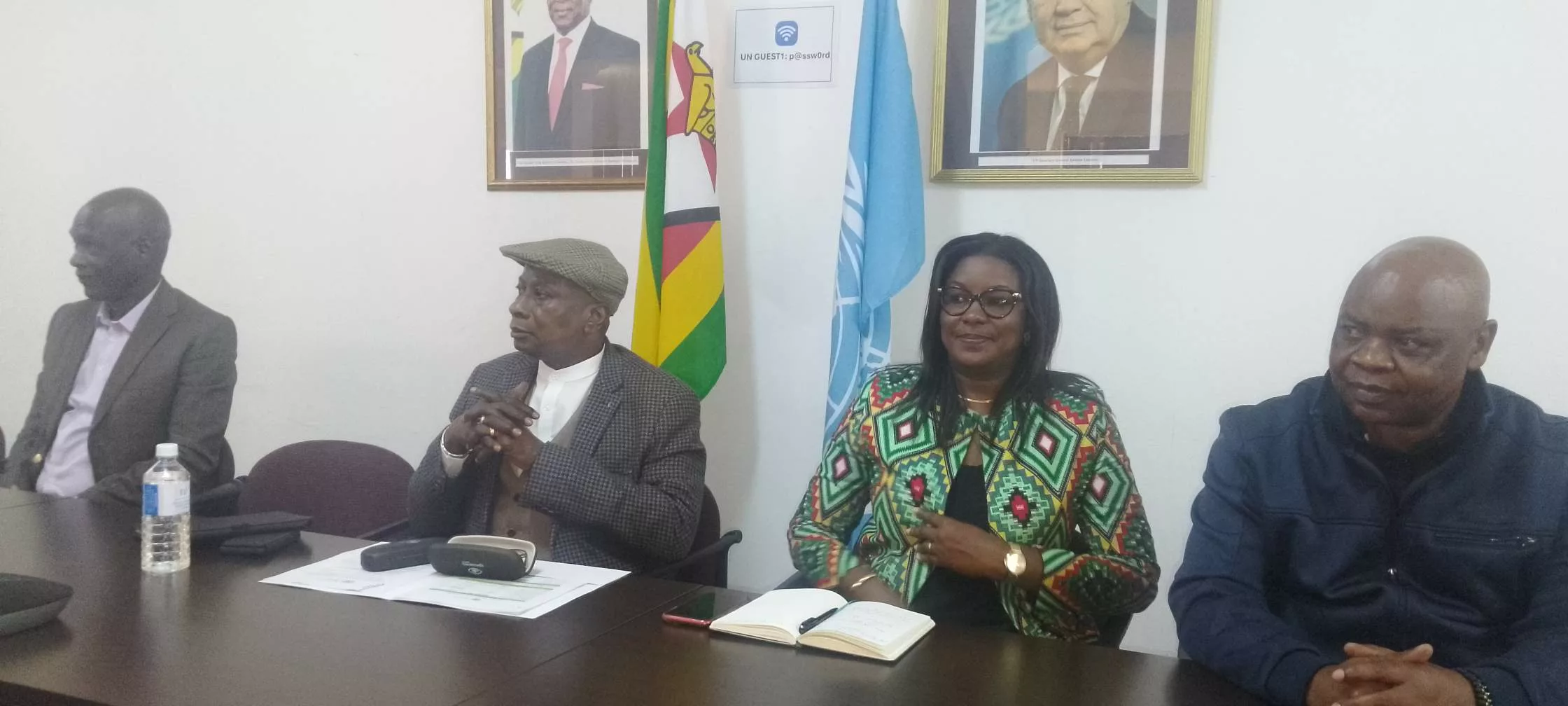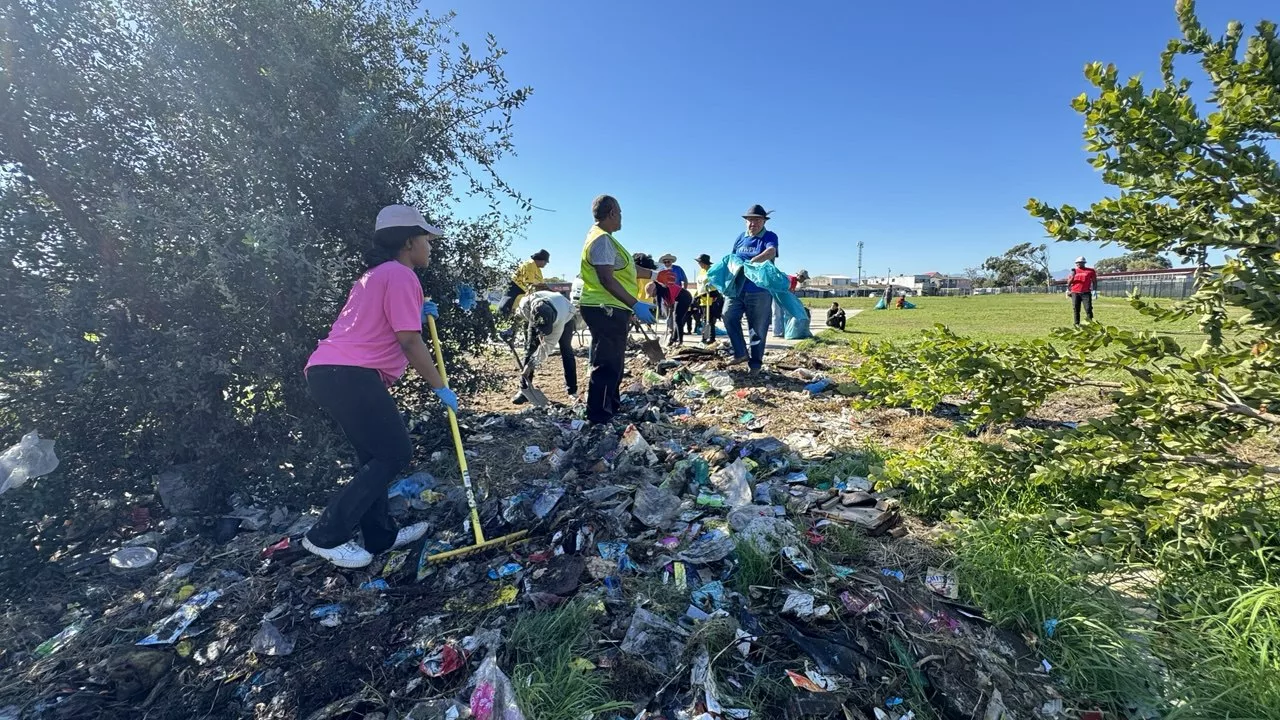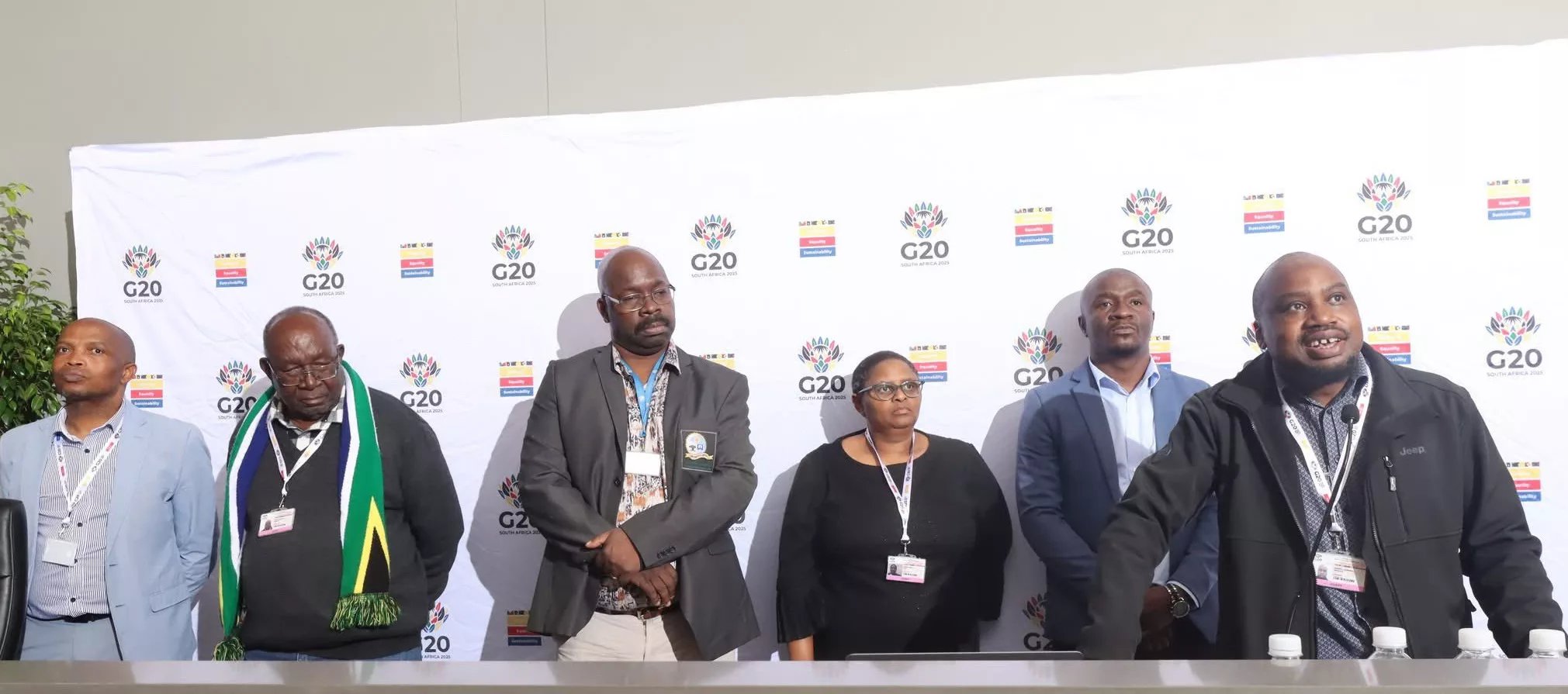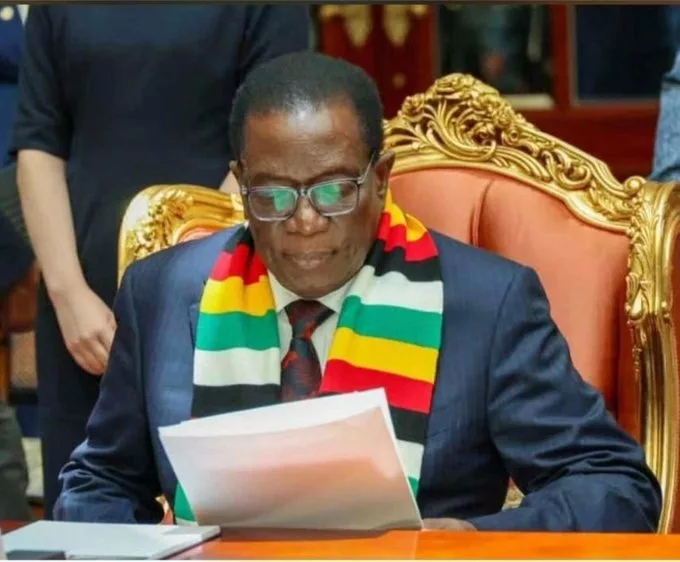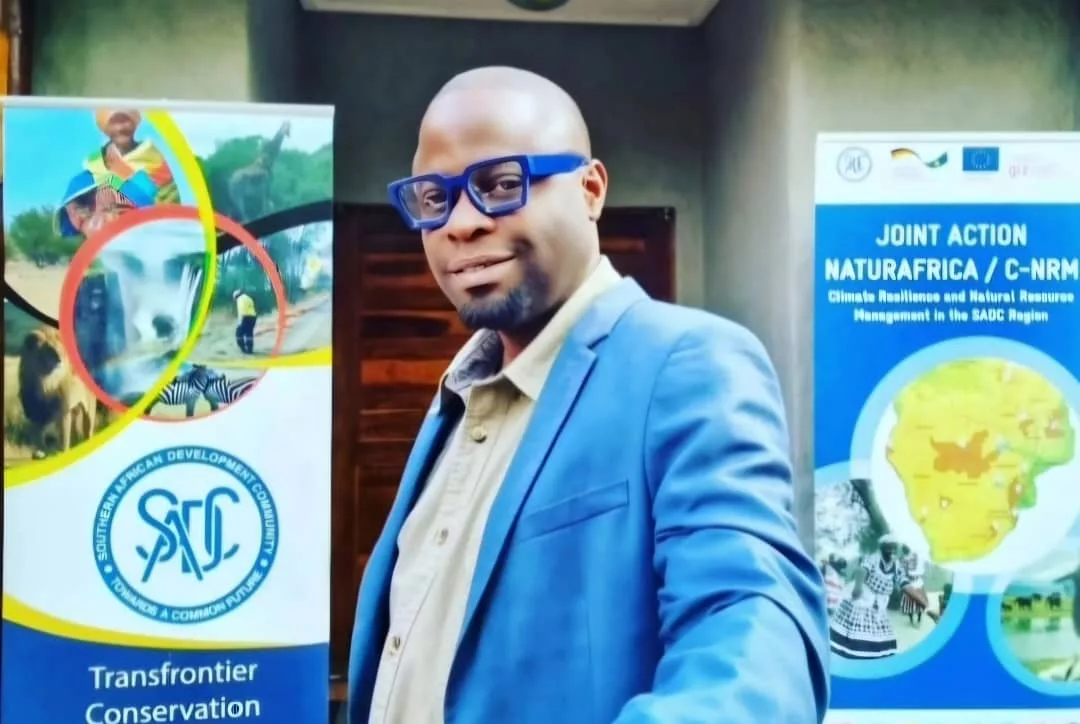|
Getting your Trinity Audio player ready...
|
The United Nations in Zimbabwe is strengthening alliances with the media and other stakeholders in Zimbabwe to accelerate the achievement of the 2030 Agenda for Sustainable Development and the 17 goals.
This was revealed by His Excellency Edward Kallon, the UN Resident and Humanitarian Coordinator in his remarks at the UN-Media Seminar on Development Reporting today 18 November 2024.
He commended the Ministry of Information for its dedication to ensuring that the media contributes significantly to the country’s development and social transformation.
The United Nations Development System in Zimbabwe actively supports a robust media landscape that ensures accurate, timely, and objective reporting on development, recovery, and humanitarian issues.
He said the media, encompassing newsprint, electronic, and web-based sources, play an essential role in national development and advancing political, economic, social, and cultural rights to enhance the well-being of people.
Each medium carries a message, targets specific audiences, and influences change, attitudes, perceptions, and decision-making, shaping behaviors accordingly.
The United Nations recognizes the media as a pivotal tool in shaping public opinion to promote inclusive and sustainable development, democracy, good governance, and human rights, facilitating nation-building and quality of life advancement.
Media freedom has allowed for new communication methods, broadening individuals’ participation, identity, and belonging in society.
Zimbabweans today have access to a wide range of information channels, including print, electronic media like television and radio, including community radios, and web-based media through the internet and mobile telephony. Used responsibly, these channels provide substantial opportunities for Zimbabwe’s development.
HE Kallon said the UN highly values the media’s role in societal transformation. Enshrined in Article 19 of the Universal Declaration of Human Rights, adopted by the UN General Assembly 77 years ago, the fundamental right to freedom of expression includes the freedom “to seek, receive and impart information and ideas through any media and regardless of frontiers.”
He revealed that the Pact for the Future, recently adopted by Member States, is a collective recommitment to the 2030 Agenda. It sets new boundaries in terms of new technologies, including AI, financing for development and the peace and security agenda to ensure strong communication on the work of the UN in the implementation of the Pact and encourage a whole of society engagement in the follow-up to the Pact, including with youth and support increased regional cooperation, particularly in areas of common interest such as climate action, technology, and financing
Supporting Zimbabwe’s national development priorities and the 17 SDGs, the SDGs aim to eradicate poverty, end hunger, and promote prosperity sustainably. Achieving these requires a multi-stakeholder partnership, with the media as a key player.
The UN supports Governments to:
- Close the SDG financing gap, by building governments’ capacity to access, absorb, and manage private financing, as well as to mobilize domestic resources more effectively including by effective budgeting and addressing tax evasion. The engagement with credit ratings agencies was also discussed.
- Step up their climate ambitions and develop i) economy-wide NDCs aligned with the 1.5⁰C goal and avoid greenwashing, and address not only mitigation but also adaptation; ii) identify strategies and bankable projects; and iii) access climate financing and financing from MDBs and IFIs.
- Shape policies, laws, and guardrails for technology, as well as build the infrastructure and skills; involve all segments in society; and leverage the funds needed to ensure that AI is not a lost opportunity for them.
The UN, supporting Zimbabwe’s Agenda 2030 efforts and the 17 SDGs by 2030, annually delivers USD 500 million through development and recovery projects under the 2022-2026 Zimbabwe UN Sustainable Development Cooperation Framework. The UN system has and is supporting food security, gender equality, water and sanitation, education, economic empowerment, community resilience, and relief assistance to those most in need.
This year, the UN facilitated a flash appeal for US$340 million to complement the government’s efforts in addressing the worst drought in 40 years, caused by the El Nino weather phenomenon, and financed through donors and partner support.
The UN has supported inclusive initiatives ensuring people with disabilities are not left behind, developed national mechanisms preventing gender-based violence, and coordinated national policies on social protection to assist vulnerable communities.
To accelerate SDG progress, the UN has initiated nationwide dialogues and programs focusing on food systems, renewable energy, digital connectivity, education, job creation, social protection, and climate action – referred to as the six transition investment pathways. Sustainable projects have significantly contributed to food and nutrition security outcomes, enhancing communities’ resilience to climate change for household food and nutrition stability.
The Zimbabwe UN system implemented arguably the largest resilience program in 18 districts with seven consortia, empowering vulnerable communities to manage severe economic, environmental, climatic, and social changes.
The UN has also collaborated with Zimbabwe’s Government to strengthen value chains, including small-scale mining and agriculture, targeting women, youth, and green skills development. Supporting Independent Commissions under Zimbabwe’s Constitution Chapter 12, the UN aids in effectively executing mandates critical for the SDGs: rule of law, accountability, democracy, human rights, gender equality, peace, reconciliation, and social cohesion.
The top ten generous financial and technical support providers to the UN that have enabled these achievements are the US, Global Fund, EU, UK, Germany, Japan, Sweden, Netherlands, Australia, and Canada.
HE Kallon highlighted why and how the media should engage with topics like UN2.0, Climate Action, and other frameworks like the SDGs, below:
First, since 2019, the UN has reformed development coordination and delivery, supporting Member States, transitioning into the UN 2.0 framework and the Secretary-General’s quintet initiative. We aim to enhance global and national development efforts, particularly focusing on children’s rights and young people.
Second, the media and journalists have been crucial in sharing facts and dispelling myths about natural disasters, disease outbreaks, and the COVID-19 pandemic. Accurate and timely reporting proved vital in combating the pandemic and infodemic.
Third, in tackling climate change, the media can clarify necessary actions amid remaining misinformation, engaging the public in appreciating the climate crisis urgency. The UN continues to provide timely, researched climate adaptation publications for media reference.
Fourth, Media significantly affects national development and SDG attainment by raising awareness, setting agendas, and engaging stakeholders, including grassroots communities. As information and analysis sources, media shape citizen views and commitments for national development.
Fifth, the Media should amplify voices of society’s vulnerable, including children, young people, people with disabilities, women, and marginalized groups. Their stories can influence behavior changes and mobilize support for action.
Media can inspire solutions to development challenges by providing accurate, reliable information on education, healthcare, gender equality, ensuring no one is left behind. Maintaining and strengthening public dialogue empowers individuals with information, especially in rural areas.
The media plays a crucial role by elevating awareness and engagement, encouraging citizens to ask important questions and seek answers, fostering a more people-centered economic growth and development.
Finally, he reiterated that the UN values its partnership with the media in advancing the 2030 Agenda for Sustainable Development and supporting Zimbabwe’s government and people to realize these goals and their aspirations for a strong, resilient Zimbabwe.
“To fulfill the media’s role, professionalism and objectivity are crucial. Media bias and sensationalism hinder contributions to national development. Media freedom must coincide with responsibility.
“I hope today’s meeting marks the start of this workshop and field visits to UN-supported development programs in Masvingo, inspiring your audience to positively impact all Zimbabweans’ lives,” he added.
Fatou Lo, UN Women Representative and UN Country Group Chair emphasised the need for continuous engagement between the media and UN agencies in pursuit of attaining sustainable development goals (SDGs).
Evangelist Gweru can be contacted at +263779458075


